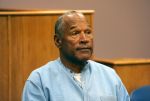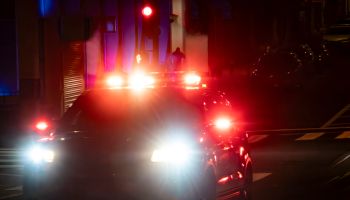It’s that time of the year again. Sunday at 2 a.m., many clocks will fall back an hour for the end of daylight saving time. But was it really beneficial in the first place?
During the energy crisis of the 1970s, President Nixon signed an act establishing daylight saving time. Supporters argued it would save people money by allowing them to keep their lights off for an extra hour in the evening.
But a 2008 National Bureau of Economic Research study found the extra hour of daylight increases air conditioning use, so it doesn’t really help save energy after all.
And medical experts aren’t big fans of the time changes.
A 2012 study by the University of Alabama at Birmingham found the risk of heart attack goes up by 10 percent in the days following moving the clocks forward in the spring. Researchers believe sleep deprivation and disrupting the body’s internal clock might cause the spike.
And increases in headaches, disrupted sleep and depression are also reported in the spring.
But, as a HealthDay writer points out, the fall time change is usually easier on the body.
WebMD recommends exercise and avoiding caffeine and alcohol as a way to help your body adjust in the days following either time change.
Read more of tis story at http://www.newsnet5.com/newsy/daylight-saving-time-has-made-some-enemies
















